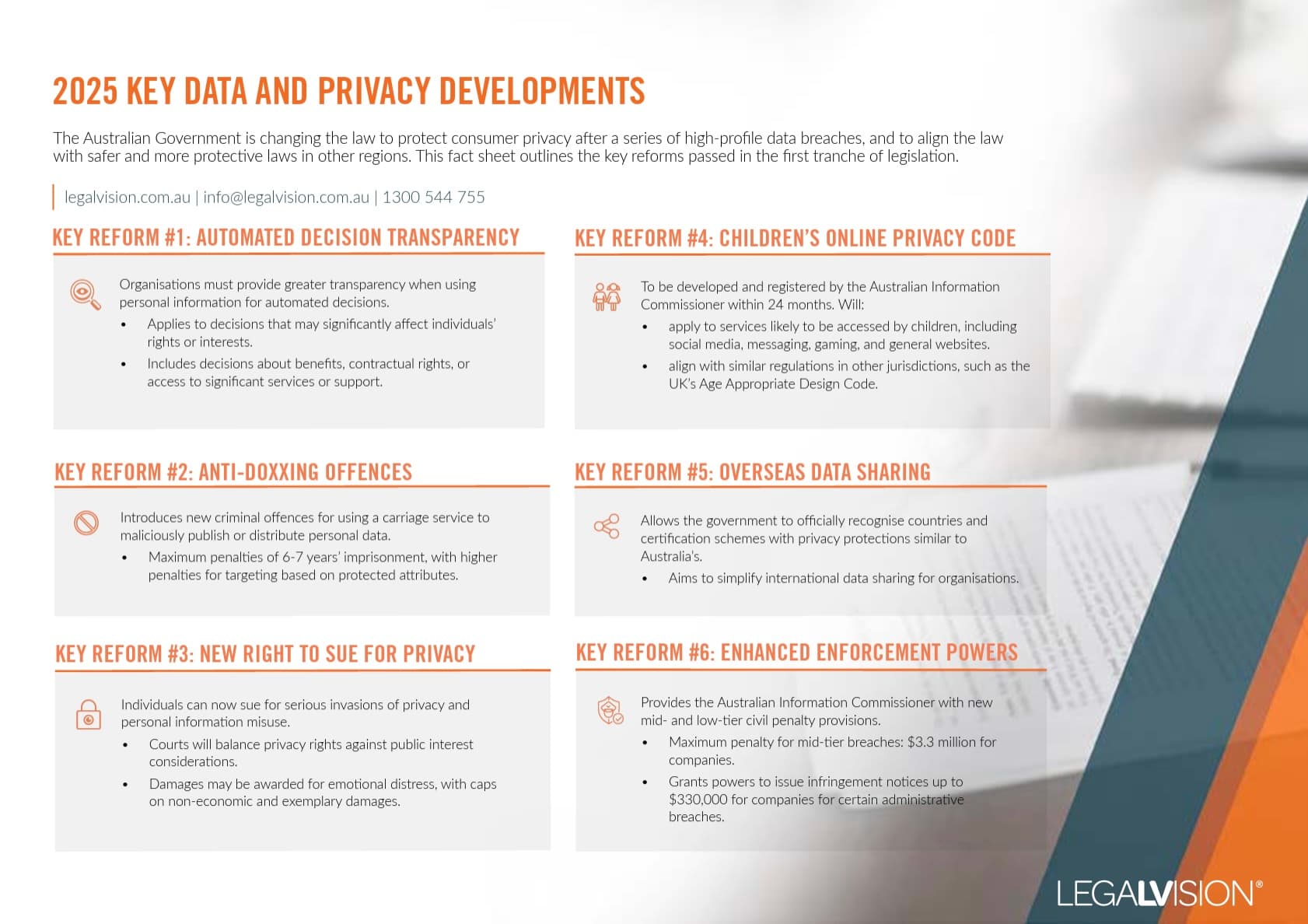Online ticket sales for events have become an integral part of the entertainment industry. From concerts to sporting events, conferences, and festivals, tickets are the gateway to unforgettable experiences. However, for both event organisers and attendees, understanding the terms and conditions that accompany these tickets is crucial.
Registering For An Event
The first step in setting up robust terms and conditions is to provide clear instructions on how customers must register for an event and purchase tickets. This should include a detailed explanation of any conditions attached to purchasing a ticket. For example, the registration process may include information about:
- online registration;
- box office options;
- prerequisites; and
- age restrictions.
A comprehensive description of the event should also accompany the terms and conditions that provide the:
- date;
- time;
- location; and
- any special features of the event.
If there are any services included in the ticket or potential add-ons available to purchasers, ensure the ticket clearly addresses this. For example, this may include:
- options for seating arrangements;
- access to specific areas; and
- complimentary or VIP services or merchandise available.
The terms and conditions should also clearly communicate any rules or regulations attendees must adhere to during the event. This may include:
- dress codes;
- code of conduct; and
- security measures.

This factsheet outlines the Australian Government’s strengthened consumer privacy laws in 2025 following major data breaches and their alignment with global standards.
Disclaimer
Depending on the context of the event, relevant disclaimers are essential to protect both organisers and attendees. It may be necessary to specifically address the role of your business in regards to the event. Disclaimers may vary depending on the nature of the event.
For example, you may issue a disclaimer stating that comments or opinions shared at the event do not represent the business’ views or beliefs. Alternatively, your disclaimer may provide that the business does not endorse nor confirm recommendations or promotions of the event or any of the event’s talent. Additionally, it may be necessary to disclaim the accuracy of the information provided at the event, including by any event sponsors.
Continue reading this article below the formChanges, Refunds and Cancellations
Events can be dynamic, and changes to event programs are not uncommon. Accordingly, your terms and conditions should specify how you will communicate such changes and what options attendees will have. The methods for communicating such changes may include:
- email notifications;
- social media updates; or
- announcements on the event website.
Events may be rescheduled or attendees might need to change the name on their tickets. In such cases, your terms and conditions should address whether this is prohibited or provide guidance on the process. The terms should address:
- circumstances under which an event might be rescheduled;
- the procedure for transferring tickets to the new date; and
- the process for changing the name on a ticket, which is essential for events where tickets are non-transferable.
Under the Australian Consumer Law, businesses are not compelled to offer ‘change of mind’ refunds. Nevertheless, businesses must still adhere to consumers’ statutory guarantees regarding the event. Suppose a business decides to offer change of mind refunds. In that case, you must outline the process by which customers can access that refund, including any relevant timelines for making that request. For example, an attendee may need to make a change of mind request within 48 hours of the ticketed event.
In the unfortunate event that an attendee needs to cancel their attendance or an event is cancelled, the terms and conditions should include a well-defined cancellation policy. A cancellation policy may set out the scenarios in which an event may be cancelled and how attendees will be notified. Additionally, the policy should set out the available remedies for the cancellation. This may include providing attendees with an option to transfer the ticket to a future date or for another event or experience of equal value or to receive a refund.
Behaviour
Maintaining a respectful and safe environment at an event is paramount. Ticket terms and conditions should include a section addressing the behaviour you expect, referencing a specific code of conduct or the venue rules where the event is hosted.
Furthermore, you can address attendee behaviour by including a clause emphasising that:
- disruptive or inappropriate behaviour will not be tolerated;
- attendees must be considerate and respectful of event staff and other attendees; and
- failure to comply with such requirements may result in ejection from the event.
Resale of Tickets
Ticket resale is a common practice, but it should be controlled to prevent fraud and scalping. The terms and conditions should address the resale of tickets by specifying whether ticket resale is permitted and, if so, under what conditions. Additionally, the terms may also recommend using an official ticket exchange platform to ensure the authenticity of the tickets.
Key Takeaways
Crafting comprehensive terms and conditions for ticket sales is a crucial aspect of organising successful events while providing attendees with clear guidelines and protection. By covering these essential elements in the terms and conditions, you can ensure that both event organisers and attendees have a seamless and enjoyable experience. The specifics of any terms and conditions will vary depending on the nature of the event, so each set of terms and conditions should be appropriately tailored to meet the unique needs of the specific event.
If you need help with your business structure, our experienced contract lawyers can assist as part of our LegalVision membership. For a low monthly fee, you will have unlimited access to lawyers to answer your questions and draft and review your documents. Call us today on 1300 544 755 or visit our membership page.
We appreciate your feedback – your submission has been successfully received.












